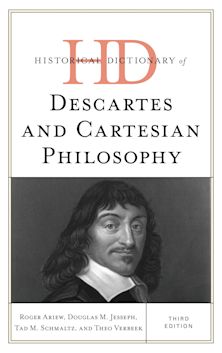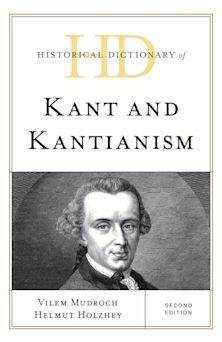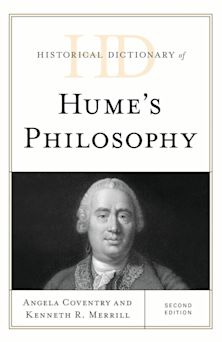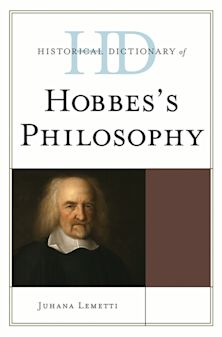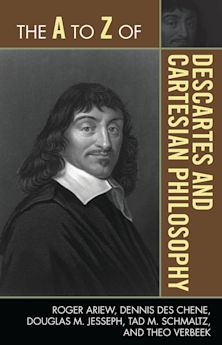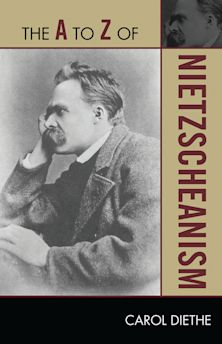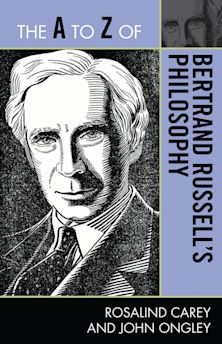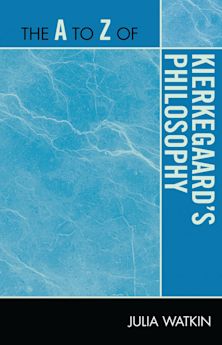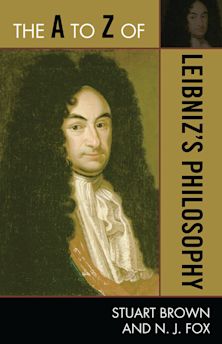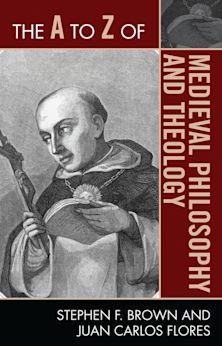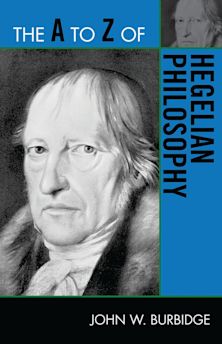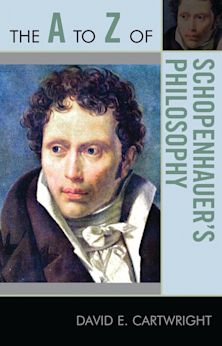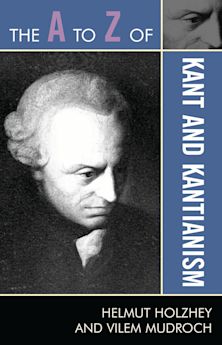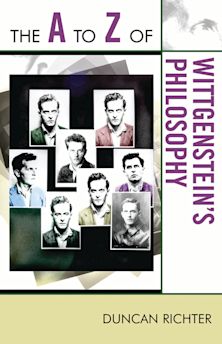- Home
- ACADEMIC
- Philosophy
- Reference
- Historical Dictionary of Descartes and Cartesian Philosophy
Historical Dictionary of Descartes and Cartesian Philosophy
Historical Dictionary of Descartes and Cartesian Philosophy
For information on how we process your data, read our Privacy Policy
Thank you. We will email you when this book is available to order
You must sign in to add this item to your wishlist. Please sign in or create an account
Description
The Historical Dictionary of Descartes and Cartesian Philosophy includes many entries on Descartes's writings, concepts, and findings. Since it is historical, there are other entries on those who supported him, those who criticized him, those who corrected him, and those who together formed one of the major movements in philosophy, Cartesianism. To better understand the period, the authors drew up a brief chronology, and to see how Descartes and Cartesianism fit into the general picture, they have written an introduction and a biography. Since everything cannot be summed up in one volume, a bibliography directs readers to numerous other sources on issues of particular interest.
We usually teach Modern Philosophy beginning with René Descartes, "the father of modern philosophy," and ending with Immanuel Kant. This typically involves a view of Modern Philosophy consisting of two distinct camps: Continental Rationalists (Descartes, Baruch Spinoza, and Gottfried Wilhelm Leibniz), who it is said emphasize reason at the expense of the senses, and British Empiricists (John Locke, George Berkeley, and David Hume), who accentuate the senses after rejecting innate ideas. Given this picture, Kant is then presented as the culminating figure of modern philosophy because of his attempt to synthesize the rationalist and empiricist traditions. While there is some truth in the simple schema we teach, its greatest deficiency is that it misses too much of the real Descartes. In the 17th century Descartes was known as well, if not more, for his achievements in mathematics, physics, cosmology, physiology, philosophical psychology, and so forth. It would be difficult to overstate the influence of Descartes over practically every aspect of 17th century thought, even over such far-flung subjects as geology and medicine. Moreover, the followers of Descartes were extraordinarily committed to their master's thought; and anti-Cartesians were just as determined to condemn Cartesianism, to refute it, to be rid of it in any way p
Table of Contents
Part 2 Preface
Part 3 Chronology
Part 4 Introduction
Part 5 THE DICTIONARY
Part 6 Bibliography
Chapter 7 Introduction
Chapter 8 Texts and editions: Other Writers
Chapter 9 Works on Descartes
Chapter 10 Works on Cartesians and Other 17th-Century Figures
Part 11 About the Authors
Product details
| Published | 16 Sep 2003 |
|---|---|
| Format | Ebook (Epub & Mobi) |
| Edition | 1st |
| Extent | 320 |
| ISBN | 9780810865921 |
| Imprint | Scarecrow Press |
| Series | Historical Dictionaries of Religions, Philosophies, and Movements Series |
| Publisher | Bloomsbury Publishing |
About the contributors
Reviews
-
This concise, informative volume contains a wealth of information on Descartes and on the science of philosophy.
American Reference Books Annual
-
...the work clearly makes a contribution to the literature and will prove useful for historical information...
Philosophy in Review
-
The dictionary succeeds in placing Descartes in the context of the intellectual ferment of the time and offers succinct overviews of his ideas in relation to other European philosophers.
College & Research Libraries












